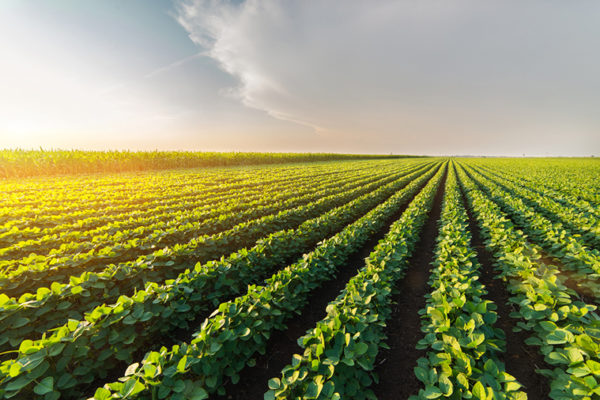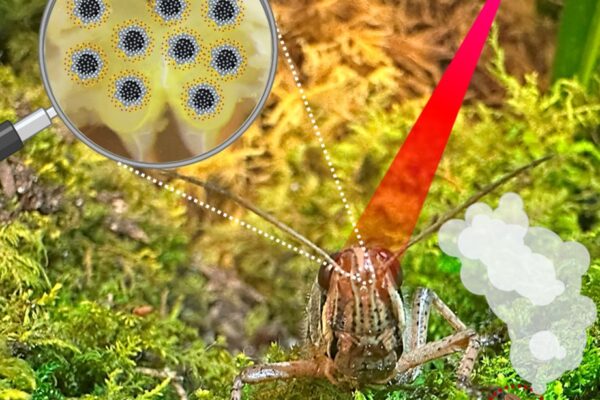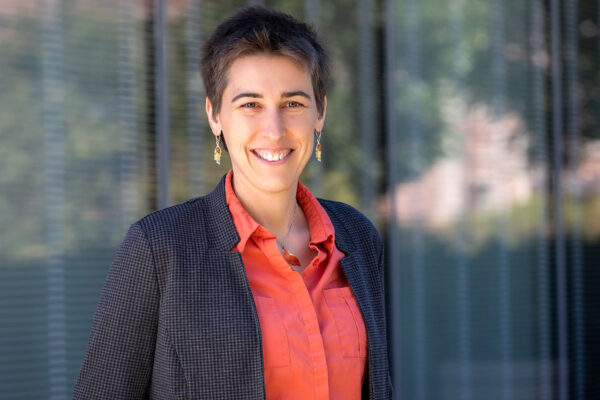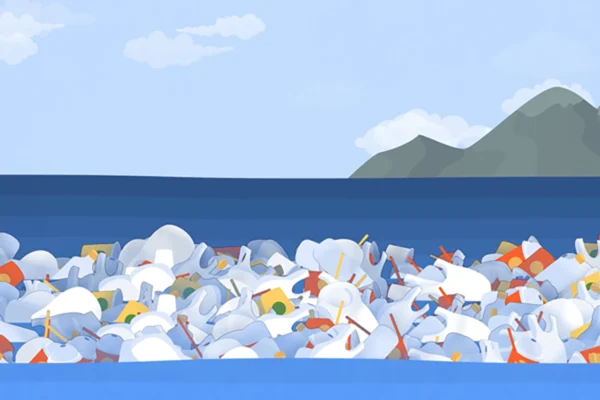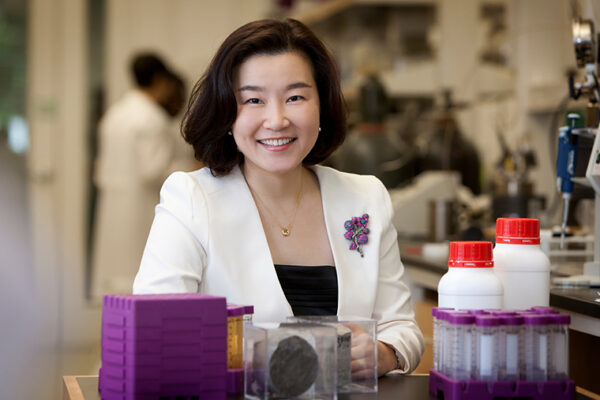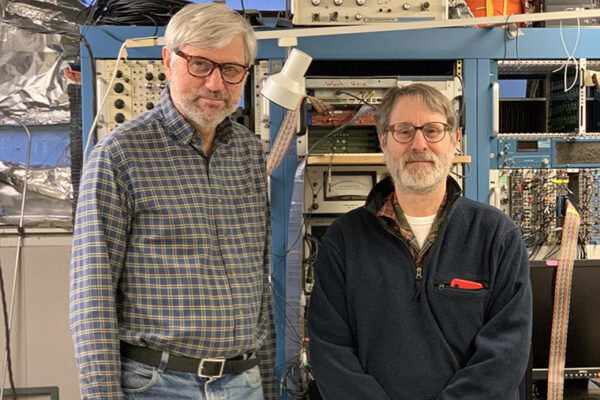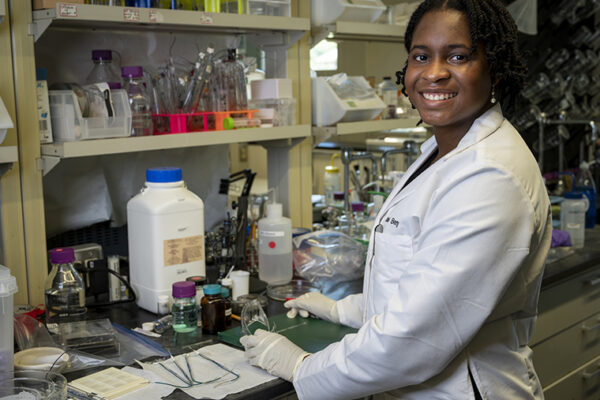WashU engineers manage a first: measuring pH in cell condensates
In a first for the field, biomedical engineers at the McKelvey School of Engineering determined the pH profiles of certain key types of cellular condensates.
Efficient lithium-air battery under development to speed electrification of transit
With $1.5 million from the U.S. Department of Energy, a collaborative team of researchers led by the McKelvey School of Engineering is working toward creating efficient and reliable batteries for transportation use.
Water quality monitor, locust-inspired electronic nose under development
Two teams of engineers led by faculty in the McKelvey School of Engineering at Washington University will work toward developing products to monitor drinking water quality and to detect explosives with an electronic nose with one-year $650,000 Convergence Accelerator Phase 1 grants from the National Science Foundation.
How does dicamba drift?
Environmental engineers at the McKelvey School of Engineering at Washington University in St. Louis have been studying dicamba drift to understand why the herbicide vaporizes and migrates to other crops.
Locusts’ sense of smell boosted with custom-made nanoparticles
Srikanth Singamaneni and Barani Raman, both professors at the McKelvey School of Engineering, led a team that harnessed the power of specially made nanostructures to enhance the neural response in a locust’s brain to specific odors and to improve their identification of those odors.
Weisensee wins Young Investigator Program grant
Patricia Weisensee, an assistant professor of mechanical engineering and materials science at the McKelvey School of Engineering, has received a Young Investigator Program award from the Air Force Office of Scientific Research.
Finding nature-inspired alternatives to plastics focus of new center
A team of researchers in the McKelvey School of Engineering at Washington University in St. Louis has established the Synthetic Biology Manufacturing of Advanced Materials Research Center to work across disciplines to find nature-inspired alternatives to plastics.
Jun receives $1.4 million grant to develop new uses for wastewater
Young-Shin Jun, a professor of energy, environmental and chemical engineering at the McKelvey School of Engineering, has been awarded a $1.4 million
U.S. Department of Energy grant to turn concentrated waste from water purification systems into valuable products for industrial use.
Strong evidence found for new light isotope of nitrogen
Robert Charity and Lee Sobotka in Arts & Sciences described Nitrogen-9 in Physical Review Letters. The Department of Energy Office of Science recently awarded the scientists $1.5 million to continue their studies of nuclear reactions and structure for the next three years.
Graduate student Berry tackles chemistry of green energy
Ashlynn Berry is one of 60 graduate students from across the country — and the only one in Missouri — selected to participate in the Department of Energy’s Office of Science Graduate Student Research (SCGSR) fellowship program.
Older Stories



